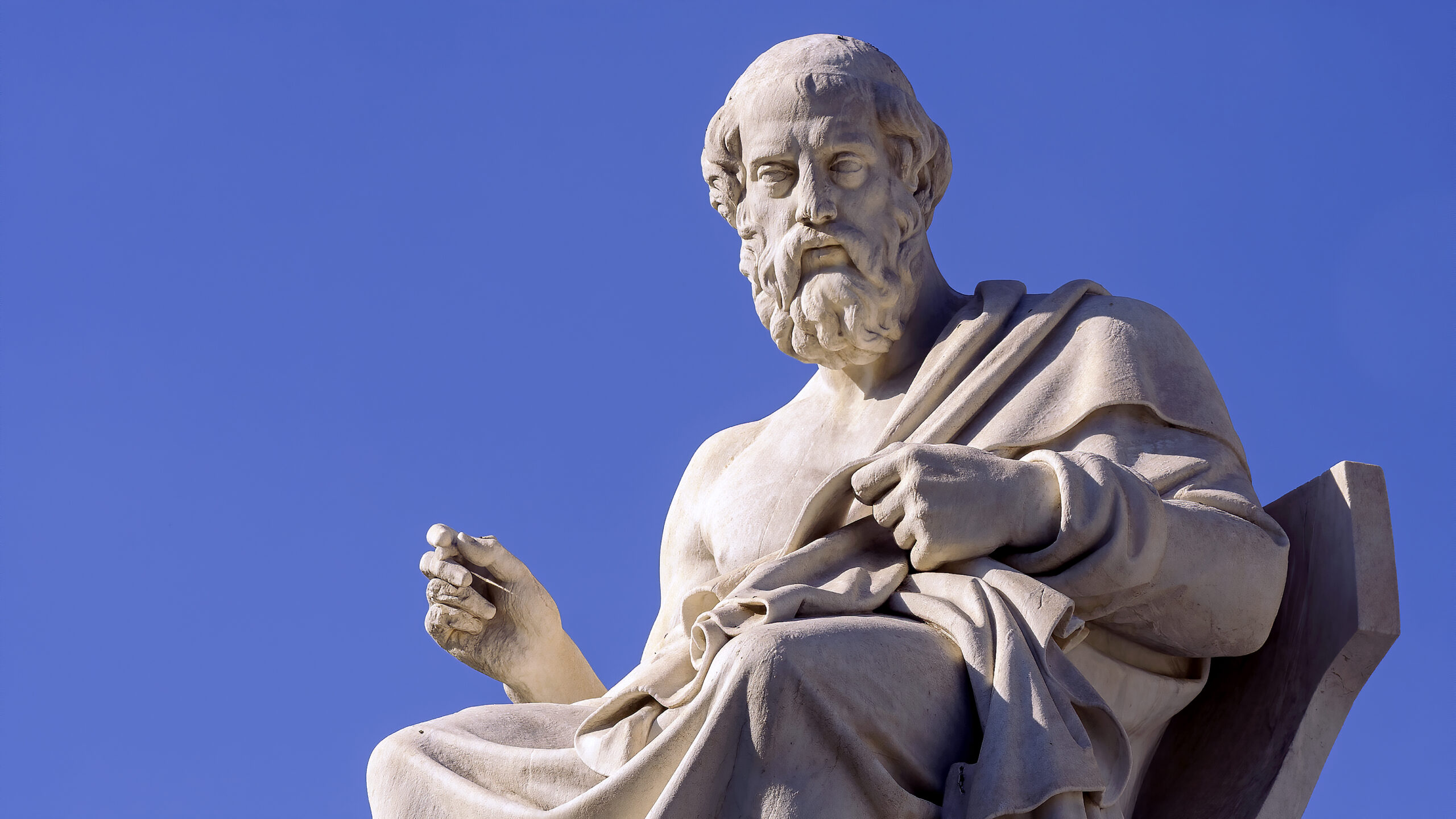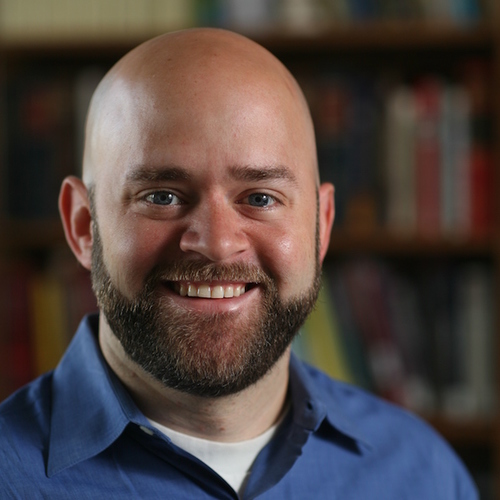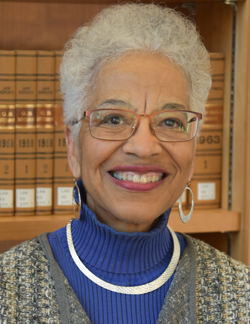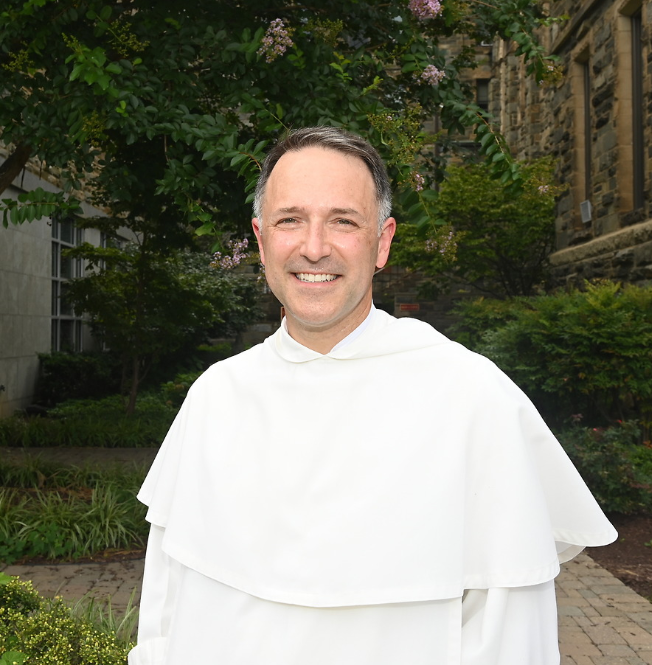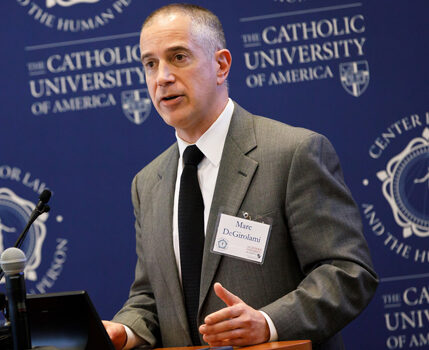Justice Oliver Wendell Holmes, Jr., is one of the central figures of American legal history. His fingerprints are all over virtually every core subject in the doctrinal canon. My Jurisprudence students know that one of his key contributions is the so-called “bad man” theory of the law. From his famous 1897 address, “The Path of the Law”:

If you want to know the law and nothing else, you must look at it as a bad man, who cares only for the material consequences which such knowledge enables him to predict, not as a good one, who finds his reasons for conduct, whether inside the law or outside of it, in the vaguer sanctions of conscience. The theoretical importance of the distinction is no less, if you would reason on your subject aright. The law is full of phraseology drawn from morals, and by the mere force of language continually invites us to pass from one domain to the other without perceiving it, as we are sure to do unless we have the boundary constantly before our minds. The law talks about rights, and duties, and malice, and intent, and negligence, and so forth, and nothing is easier, or, I may say, more common in legal reasoning, than to take these words in their moral sense, at some stage of the argument, and so to drop into fallacy.
I had recent occasion to read the third book of Plato’s Republic, and here is something striking to set directly against Holmes’ bad man theory. From 409d-e (Shorey translation). Call it the good man theory of judging:

But a judge, mark you, my friend, rules soul with soul and it is not allowable for a soul to have been bred from youth up among evil souls and to have grown familiar with them, and itself to have run the gauntlet of every kind of wrongdoing and injustice so as quickly to infer from itself the misdeeds of others as it might diseases in the body, but it must have been inexperienced in evil natures and uncontaminated by them while young, if it is to be truly fair and good and judge soundly of justice. For which cause the better sort seem to be simple-minded in youth and are easily deceived by the wicked, since they do not have within themselves patterns answering to the affections of the bad…
Therefore it is, said I, that the good judge must not be a youth but an old man, a late learner of the nature of injustice, one who has not become aware of it as a property of his own soul, but one who has through the long years trained himself to understand it as an alien thing in alien souls, and to discern how great an evil it is by the instrument of mere knowledge and not by experience of his own. [Ed.: cf. “The life of the law has not been logic; it has been experience”]…
For he who has a good soul is good. But that cunning fellow quick to suspect evil, and who has himself done many unjust acts and who thinks himself a smart trickster, when he associates with his like does appear to be clever, being on his guard and fixing his eyes on the patterns within himself. But when the time comes for him to mingle with the good and his elders, then on the contrary he appears stupid. He is unseasonably distrustful and he cannot recognize a sound character because he has not such pattern in himself. But since he more often meets with the bad than the good, he seems to himself and to others to be rather wise than foolish…
[S]uch a one must not be our ideal of the good and wise judge…For while badness could never come to know both virtue and itself, native virtue through education will at last acquire the science of both itself and badness. This one, then, as I think, is the man who proves to be wise and not the bad man.”

